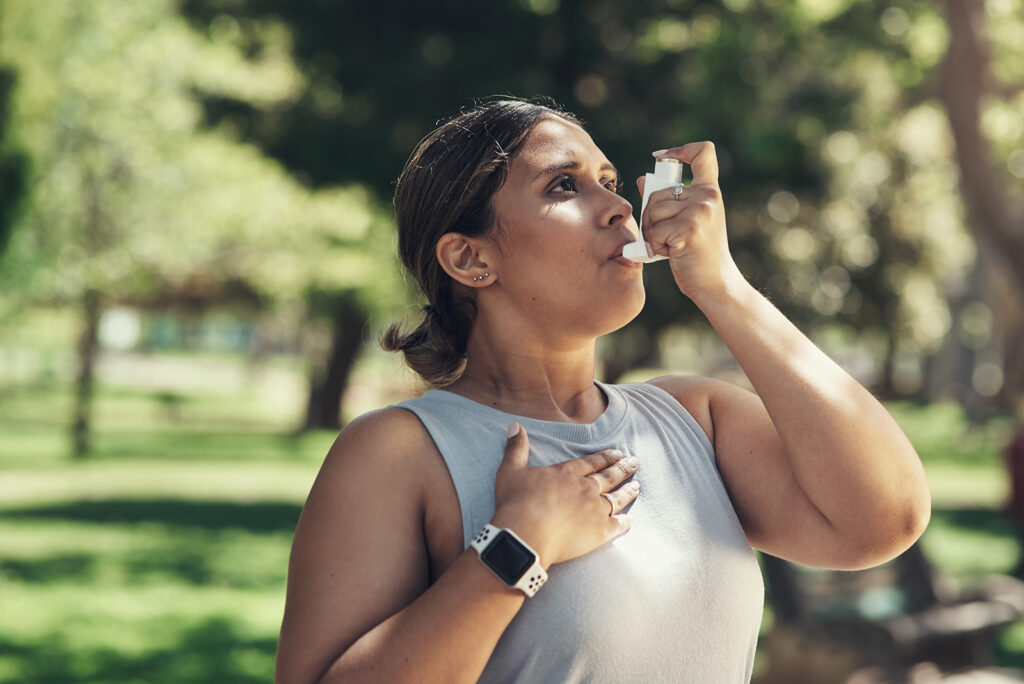Summer Allergies

What is Hay Fever?
As any of the 1 in 5 people who get hay fever in their lifetime can tell you – it’s not actually a fever, but rather an allergic reaction to airborne mold spores, pollens from trees, grass, and weeds, pet hair, pet dander, dust mites, or even cigarette smoke and diesel exhaust.
Common symptoms:
- A runny nose
- Itchy, red, or watery eyes
- Congestion, coughing, sneezing, and sinus pressure
- Fatigue
How to reduce your exposure to allergens:
- Check online for daily pollen levels, stay indoors on dry, windy days, avoid lawn mowing and other gardening (silver lining: maybe it’ll get you out of outdoor chores?).
- Remove clothes you’ve worn outside, and skip outdoor activity in the early morning when pollen counts are high. The best time to go outside is after a good rain, which clears pollen from the air.
- When indoors during on high pollen days, keep your windows closed, use dehumidifier and a HEPA filter in your room.
- Consider wearing glasses or sunglasses when outdoors to keep pollen out of your eyes.
- If you do experience symptoms, try an over-the-counter remedy like an oral antihistamine, corticosteroid nasal spray, or rinse your sinuses.
- You can also call Sollis anytime and we’ll set you up with an allergist, who might recommend anything from a skin or blood test to desensitization through allergy shots or pills.
While there’s no cure, if you think you’re suffering from hay fever, call our medical hotline and we’ll get you in to see an allergist right away, who may recommend intranasal corticosteroids, antihistamines, decongestants, and/or immunotherapy.
Asthma
Asthma—a condition that makes your airways narrow and complicates your breathing—often gets worse in the summer thanks to heat and humidity. Not to mention pollen, thunderstorms, increased outdoor exercise, chlorine in pools, campfires, and stagnant air, which traps dust, mold, and other pollutants.
Symptoms of asthma attacks:
- Coughing
- Wheezing
- Tightness in the chest
- Shortness of breath

How to minimize your risk of an asthma attack:
- Stay inside as much as you can on hot and humid days, and keep the windows closed.
- Use a dehumidifier and air conditioning with HEPA filters.
- Monitor your asthma, the allergy forecast and local air quality index daily.
- Shower after outdoor activities to wash off any pollens on your skin or hair.
- Stay hydrated.
- Keep your inhaler with you at all times.
- Do not skip any doses of your daily asthma medications.
- If you’re going on a trip, we can help with a last minute refill, if your PCP is not available and approves.







